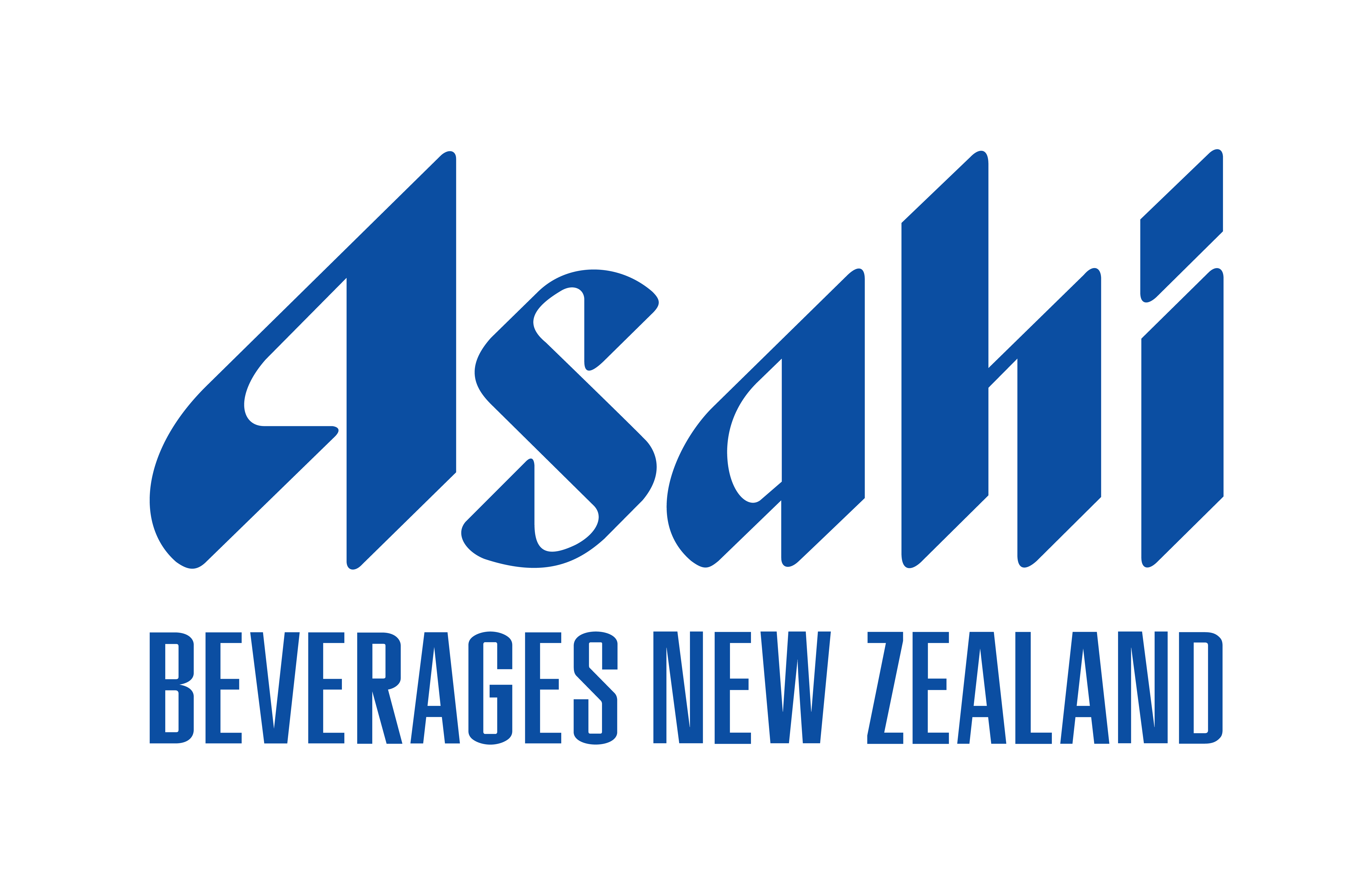Related Links
Impressive ceremony marks the start of the 16-day tournament which brings the top eight teams and the world’s best players together.
Cricket Australia Chairman and ICC director Jack Clarke: “We look forward to the tournament showcasing women’s cricket around the world”
ICC Chief Executive Haroon Lorgat: “We want a tournament that shows cricket as a great sport with a great spirit”
Seven matches to be broadcast to viewers in more than 200 countries
A ceremony in Sydney on Thursday marked the opening of the ICC Women’s World Cup 2009, the first to be held under the auspices of the ICC since its integration with the International Women’s Cricket Council (IWCC) in 2005.
Eight teams taking part
The eight teams taking part – hosts and holders Australia, England, India, New Zealand, Pakistan, South Africa, Sri Lanka and the West Indies – were photographed in the shadow of the world-famous Sydney Opera House.
Players and officials were then ferried to Luna Park, an iconic Sydney location, for an official welcome function, hosted by former Australia wicketkeeper Ian Healy.
Cricket Australia Chairman and ICC director Jack Clarke launched the tournament with a speech in which he said the ICC Women’s World Cup would have a positive effect on the game both in the host country and around the world.
Proactive females’ strategy
“Cricket Australia has a proactive females’ cricket strategy and cricket is the fastest-growing sport in Australia,” said Mr Clarke.
“We hope that the staging of this event will further accelerate Cricket Australia’s vision for women’s cricket in this country.
“It has only been four years since women’s cricket came under the ICC’s control but its rapid growth since that time can be gauged from the fact that from 15 members playing the sport in 2005, we now have 78 members who are involved in some form of women’s and girls’ cricket.
“And while in 2007 we had 34 women’s ODIs, we had 58 ODIs last year, another example of the increase in the popularity and profile of the sport.
“There have been eight women’s world cups before but this one but the ICC’s involvement will make this different from all the others in terms of profile, and I also believe it will be the most competitive yet.
Australia – five-times winners
“With five-times winner Australia defending its title on its home turf, it is not going to be easy for the other seven teams to upset the hosts but this is a world cup so every side will believe it can capture the trophy.
After the Welcome Function, traditional rivals India and Pakistan will travel to Bowral while two-time former champion England, and Sri Lanka, will depart for Canberra for their opening matches on Saturday.
White Ferns v Australia – Sunday
In Group A on Sunday, Australia will face old foes New Zealand at the North Sydney Oval in the first of the seven matches to be covered live by ESPN STAR Sports and broadcast in New Zealand on Sky Sport three, while, in the other match of the day, the West Indies will go head to head with qualifier South Africa in Newcastle.
The tournament will see the world’s top eight teams – hosts and holders Australia, England, India, New Zealand, Pakistan, South Africa, Sri Lanka and the West Indies – compete at six venues across New South Wales and the Australian Capital Territory (ACT) in 16 days from 7-22 March.
Format
The format of the event involves the teams being divided into two groups. Australia, New Zealand, the West Indies and South Africa are in Group A while India, England, Sri Lanka and Pakistan are in Group B.
The top three sides in each group go forward to the Super Six stage where each side then plays the teams which have qualified from the other group. The top two sides from the Super Six go forward to the final.
The top four teams from the tournament will automatically qualify for the 2013 event to be staged in India. The fifth and sixth-place teams will earn direct spots in the 10-team ICC Women’s World Cup Qualifier 2011 where they will be joined by eight other sides – two each from Africa and Europe, and one each from the Americas and East Asia-Pacific regions – who will qualify through their own regional tournaments.
Previous events
The tournament has been staged twice each in England (1973 and 1993), India (1978 and 1997) and New Zealand (1982 and 2000) as well as Australia (1988) and South Africa (2005).
Australia has won the tournament five times in 1978, 1982, 1988, 1997 and 2005 while England has won the event in 1973 and 1993, and New Zealand in 2000.


















